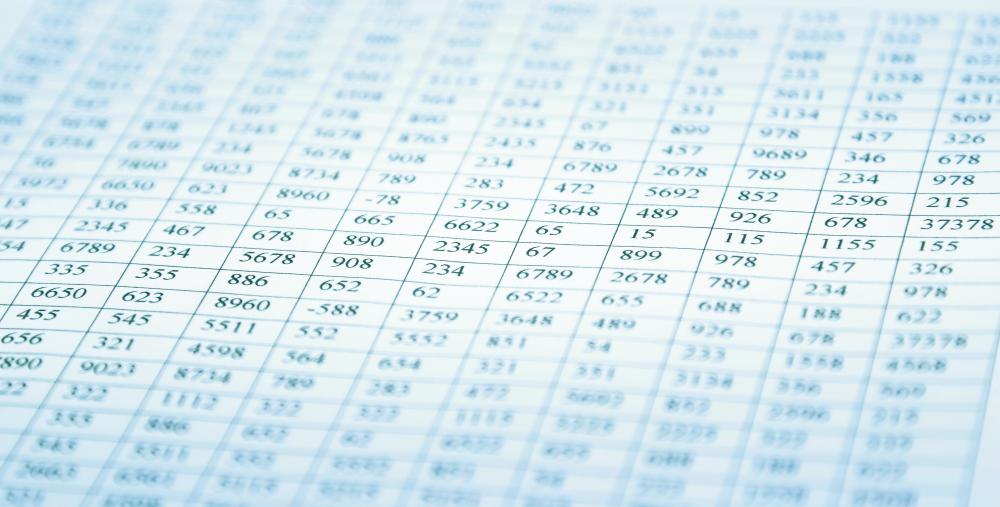At PracticalAdultInsights, we're committed to delivering accurate, trustworthy information. Our expert-authored content is rigorously fact-checked and sourced from credible authorities. Discover how we uphold the highest standards in providing you with reliable knowledge.
What does an Information Scientist do?
An information scientist is a professional whose main job it is to coordinate information and make data approachable. Information scientists work in a wide array of job settings. Some act as research librarians in universities, while others assist medical personnel in hospitals or medical practices. An information scientist can work for company executives trying to make sense of employee data, or for employees who are looking for highly specific information. Although the job is different in different disciplines, what information scientists actually do in each is similar. The scientist’s job no matter the setting is to study data, raw statistics, and information stores, and find ways of making them useful and approachable to a certain class of people.
Most information scientists today work predominantly with electronic data. The advent of the Internet and the ability to archive information online made a lot of tasks more efficient, but it also generated significantly more data. When everything is stored, everything is there. It is usually a lot more difficult to find something discreet when there is a lot to sift through.

In many ways, the information scientist’s job resembles that of a computer information scientist. Both computer scientists and information scientists spend much of the day at a computer looking at network data and finding answers in computer network patterns. An information scientist studies that information for external purposes, however, which is not usually the case with computer scientists. Much of an information scientist’s work involves the crossroads between statistical science and technology’s uses in every day life and business operations. Many tasks are directly related to personnel, and figuring out innovative solutions for complex user-generated questions.

There is no single information scientist job description, and no set list of information scientist duties. Nevertheless, the jobs hold some consistency across disciplines. One of the primary roles played by the information scientist is information manager. The scientist must study the information a company has, and understand where it is being generated, the frequency of generation, and where it goes.

Next, the scientist will create a management structure for harnessing that information and making it more useful to the body that generated it. In this way, the scientist is using science and the rubrics of statistics and data analysis, and applying them to real-life information management situations. The scientist is not only finding solutions, but implementing them as well.

Some information scientists focus on streamlining corporate financial data, while others look for ways to generate a clearer picture of bandwidth usages over time. A medical information scientist is concerned with making data related to patient charts, prescription drug information, and doctor training records available to hospitals, medical licensing boards, and medical professionals. In library settings, information scientists help patrons quickly locate relevant portions of needed texts. All of these tasks require both technological savvy and a firm understanding of applied science and data management practices.
AS FEATURED ON:
AS FEATURED ON:














Discuss this Article
Post your comments